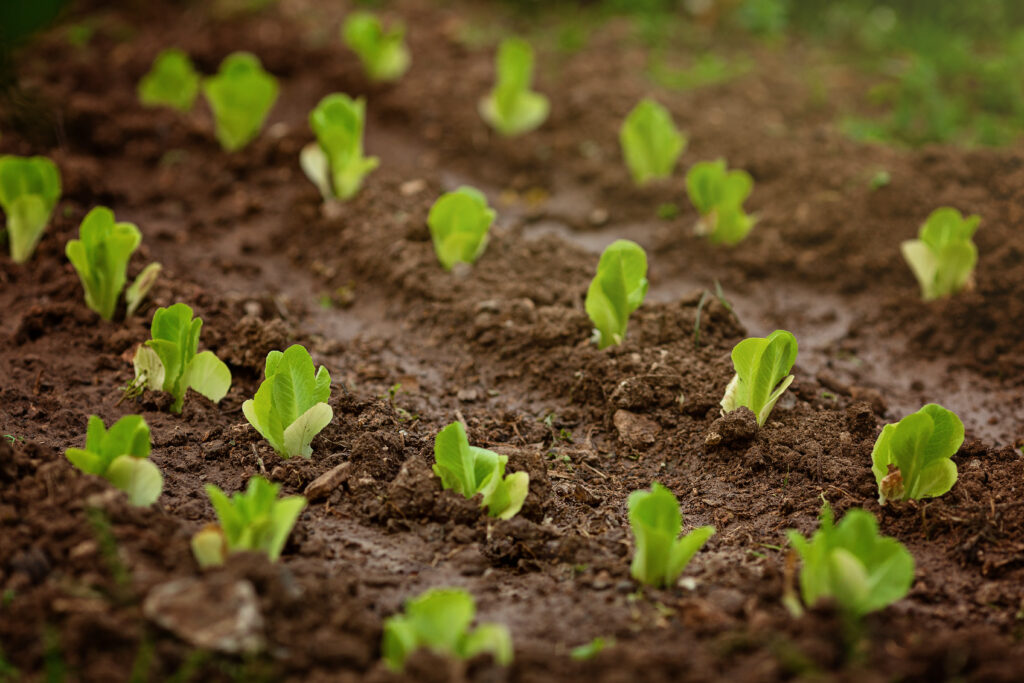Summary of Biostimulant – Organic Fertilizer Sources Distinctively Modulate Productivity, Quality, Mineral Composition, and Soil Enzyme Activity of Greenhouse Lettuce Grown in Degraded Soil
Boosting Lettuce with Biostimulants: Enhancing Growth and Soil Fertility
Boosting Lettuce with Biostimulants offers a sustainable solution to the challenges of intensive greenhouse production, where soil salinity and declining fertility often reduce yields. This study tested poultry manure, vinasse-based fertilizer, and insect frass to evaluate their effects on lettuce growth, nutritional quality, and soil enzymatic activity under degraded soil conditions.
Lettuce Biostimulants for Higher Productivity
The use of organic biostimulants significantly improved lettuce performance compared to unfertilized controls. Shoot fresh and dry weight increased across all treatments, with vinasse-based fertilizer and insect frass achieving up to a 75% boost in yield. Insect frass also reduced nitrate concentration in lettuce leaves by 27%, improving nutritional safety. Additionally, all organic treatments lowered toxic lead (Pb) accumulation by 46%, contributing to healthier produce for consumers.
Biostimulant Strategies for Lettuce Soil Fertility
Beyond crop productivity, lettuce biostimulants enhanced soil biological fertility. Poultry manure and insect frass stimulated enzymatic activities such as acid and alkaline phosphatases, arylsulfatase, and dehydrogenase. Vinasse-based fertilizer increased N-acetyl-β-D-glucosaminidase (NAGase) and total hydrolase activity, fostering nutrient cycling and long-term soil resilience. These improvements underline the dual role of biostimulants in supporting both immediate yield gains and sustainable soil management.
Sustainable Future with Lettuce Biostimulants
The findings clearly show that Boosting Lettuce with Biostimulants, especially vinasse-based fertilizer and insect frass, provides an eco-friendly strategy to improve crop productivity, reduce harmful residues, and restore degraded soils in greenhouse systems. By integrating these organic solutions, growers can ensure higher yields, better food quality, and healthier soils, making this approach vital for sustainable agriculture.
Publication: Agronomy









